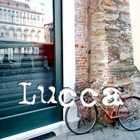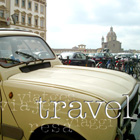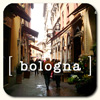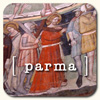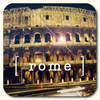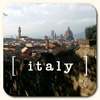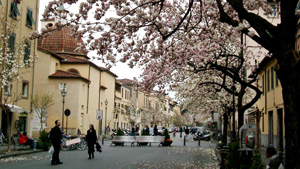
|
THE CITY CENTER IS ENCLOSED WITHIN WALLS OVERGROWN WITH GREEN & SERVING AS PARKLAND Updated 6 June 2006 As you approach the city by train, you find it is nestled in the green Tuscan countryside, but unassuming, unimposing, a humble quiet city that seems expert in giving back more than it asks. The city's medieval walls are still intact, and the top of the walls is parkland comprising a four kilometer hike around the city center. On a sunny day, Lucca's characteristic yellow buildings and rustic exposed brick street-corners, its white cathedrals and meandering streets, make for something like a game of light and shadow, and a pleasant stroll among delicious pasticcerias and family-run restaurants. Though known for olive oil and for its walls, the city of Lucca itself offers the visitor some unique monuments and a pedestrian center closed to cars and full of opportunities for shopping, featuring a Tuscan specialty, leather goods. Near the river Serchio, Lucca sits on a fertile plain, which has helped build a strong agricultural tradition throughout the province. The city is also not far from the Ligurian sea, and as the capital of Lucca province, enjoys relative proximity to mountain spa towns and quiet villages like Bagni di Lucca. Surprising to those who expect a medieval city, steeped in the past and clinging to tradition, Lucca is a modern city with the luxuriant pace of a mountain village. The city center is closed to most automotive traffic, though small electric buses shuttle the locals around, and bicycles roam the entire space of the city. Tourists are known to enjoy renting bikes and riding the pathway across the full length of the city walls, and a cottage industry of bike rentals exists to serve this tendency. Lucca's history began with the Etruscan settlement, though traces have been found linking the city to earlier Ligurian peoples. In 180 BC, the city became a Roman colony, during which period its grid plan was implemented. The Piazza San Michele occupies the site of the Roman forum, and the Piazza del Anfiteatro, uniquely oblong in shape, sits over the site of the ancient Roman amphitheatre. Under the Lombard kingdoms, it became a more developed center of artisanry and production, and by the 10th century, was the capital of the feudal margravate of Tuscany, enjoying a degree of independence from Roman control, but owing political allegiance to the Holy Roman Emperor. Its silk trade developed during the 11th century as a western rival to the silks of the Byzantine empire, which extended its influence into northern Italy and necessitated a Roman alternative in many areas, to defend the western church and its territories against economic and cultural dominance from the east. [Full Profile] |
||||||||||||||||||
|
|||||||||||||||||||
